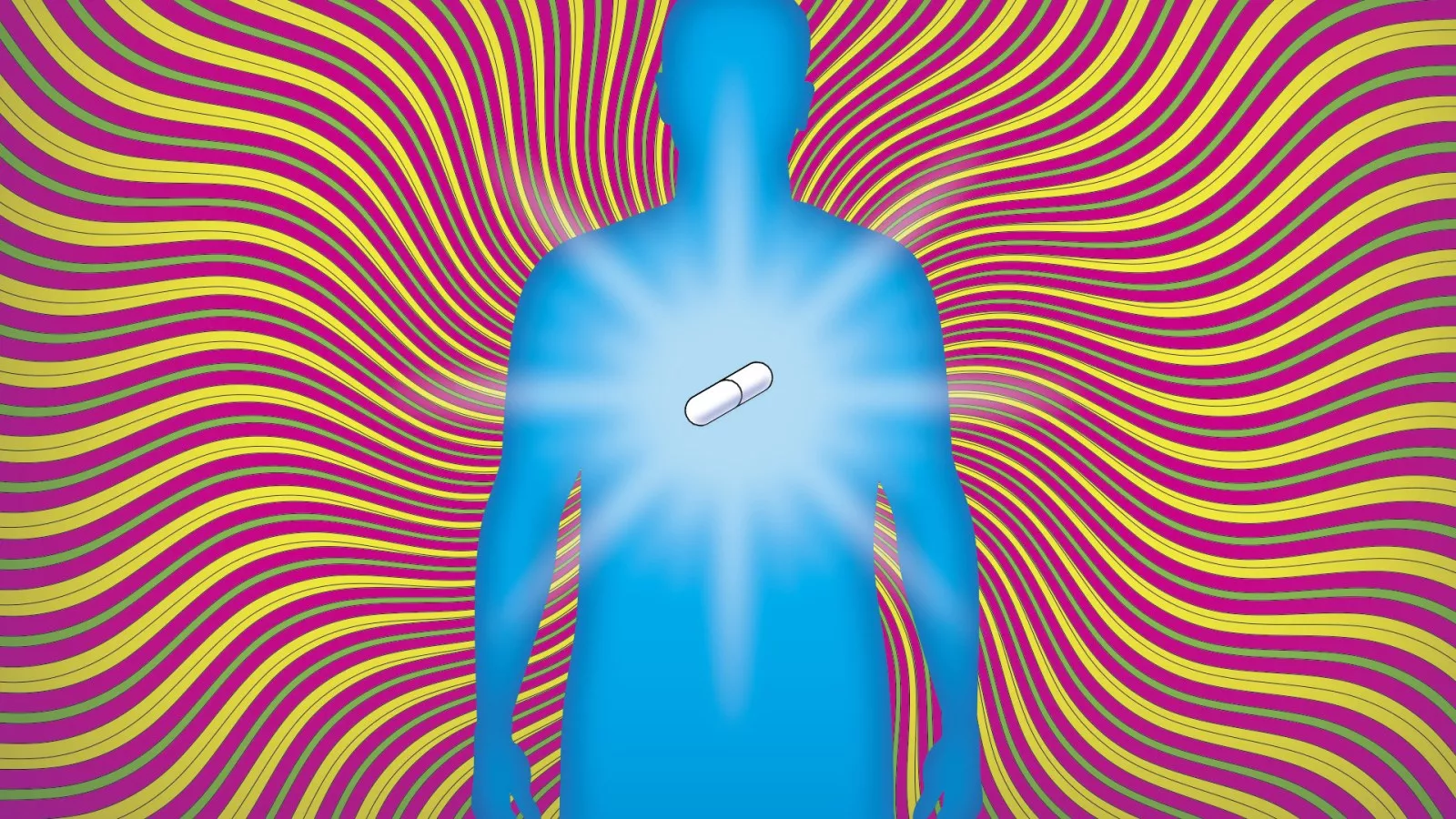Divine Dosage: Black Hawk Pilot Claims Religious Immunity in Controversial LSD Case

A US Army officer claims he was driven by a profound spiritual calling to distribute LSD online, asserting that providing access to the psychedelic substance was a matter of moral and religious duty. The officer argued that his distribution of what he described as "sacramental" LSD was not merely a criminal act, but a deeply principled mission to help individuals explore consciousness and spiritual awareness.
By selling the hallucinogenic drug through digital platforms, the Army officer believed he was fulfilling a higher purpose, transcending traditional legal boundaries in pursuit of what he considered a sacred responsibility. His controversial stance highlights the complex intersection of personal belief, religious freedom, and legal constraints surrounding psychedelic substances.
The case raises significant questions about the motivations behind illegal drug distribution and the extent to which personal spiritual convictions can influence an individual's actions, particularly for someone serving in the military with a presumed commitment to following established rules and regulations.
